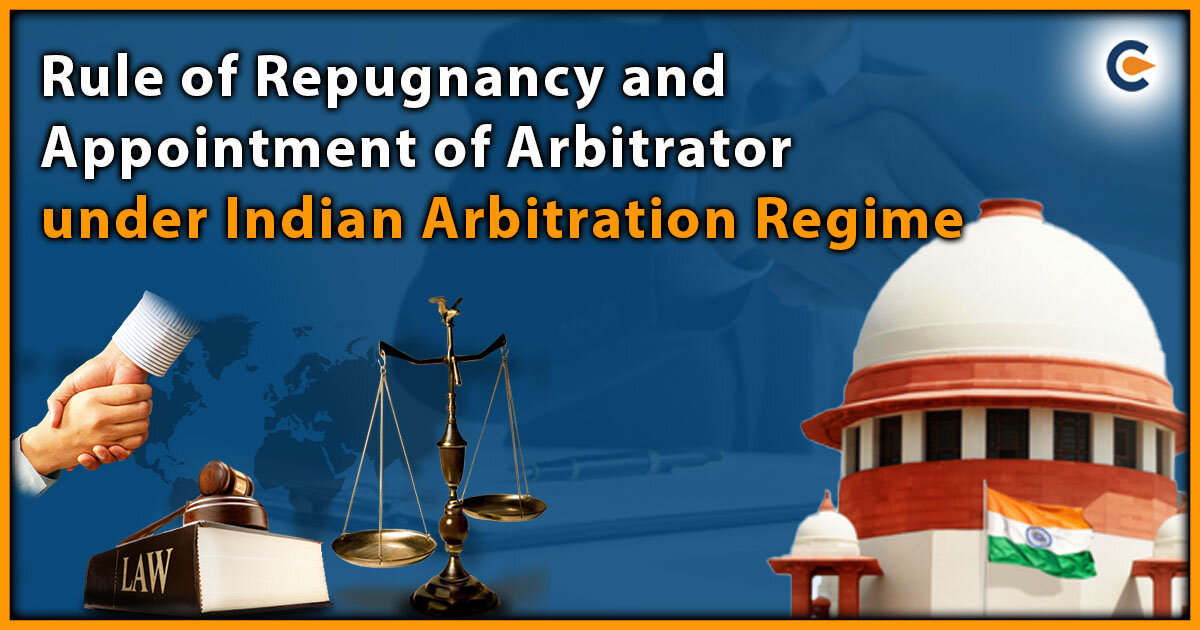To protect the information, a person often takes great measures. If any wrong hands receive the certain information which a party wants to protect, can destroy a business, can ruin reputation, harm someone’s political careers, or violate the privacy of any person. NDA’s or Non – Disclosure agreements are the legal agreements that can compel a party to keep quiet about the information. Information can be related to any trade secret or other confidential information about the second party.
Non – Disclosure agreements are the most commonly used agreements in any business. Here, in this blog, we will discuss Non – Disclosure agreement.
Non–Disclosure Agreement;
Non – disclosure Agreements are the agreements, where the parties to agreements agree not to close the information mentioned in the agreement. Non disclosure agreement completely denies the access of third party over the information specified in the agreement. Non – Disclosure Agreements are very common in used in the field of business, with respect to partners, the company’s intellectual property (generally for trade secrets), and also for the employees.
To put this simple, we can say that if any person discloses any prohibited information after signing, the agreement can be sued for damages. For suing the party for damages, it’s important to make the agreement legally enforceable.
Non Disclosure Agreements can be used for number of purposes where the subject’s silence is desired. There are common uses of an NDA include, which are limited to the protection of the following;
- Information related to the Intellectual property shared with business employees, contractors, partners, etc.;
- Conversation related to any factious invention or business plan with a partner or investor;
- Any kind of business’s trade secret, which can be related to sales leads or strategies;
- Information of an extramarital or consensual sexual affair, or any potentially embarrassing information which can harm individual’s reputation;
- Information about patient’s lab results for any disease by lab works.
Different names of NDA agreements are referred but share the same meaning;


Read our article: Relinquishment Deed: Key Elements and Registration Process
Types of Non – Disclosure Agreements;


Three types of Non- Disclosure agreements are;
- Unilateral NDA; In this kind of NDA, there areonly two parties, out of which only one party discloses certain details to the other and expects that the information is prevented from any further disclosure.
- Bilateral NDA: This agreement also has two parties, and both the parties reveal the information with to each other and compel each other to protect the information from disclosing to another, For Instance- Alliance
- Multilateral NDA: Here, more than three parties are involved, from which one will disclose the information to other parties and compel them from protecting it from further disclosure. These types of NDAs also eliminate the need for distinct unilateral or bilateral NDA.
Key Information about NDA
- An NDA acknowledges a confidential connection between two or more parties and secure the information they share from disclosure to outsiders.
- The NDA is common before exploration between businesses about potential joint ventures.
- Employees are often required to sign NDAs to secure an employer’s confidential business information.
Important Elements of NDA;
- Who are the parties to the agreements, mentioning, receiving and disclosing party;
- Description of the confidential information;
- Purview of the deemed confidential agreement. With respect to requirements;
- What needs to be excluded from confidentiality requirement, means the information which is already in public and another party is well known to that information;
- Validity of the Non-Disclosure Agreement. Generally, the NDA’s are valid for up to two to five years.
- Duties and obligation to the parties of Non – Disclosure Agreement[1].
- What will be the consequences of breach of Non – Disclosure Agreement?
- Dispute Resolution, along with the jurisdiction where a case can be file if breach occurs.
Exclusion Elements of NDA;
Every NDA has contained some exclusion from the requirements of another party (Receiving). The reasons behind exclusion are to address those situations, which can make it hard for the other side party to keep the information confidential.
Some of the exclusions are;
- Recipient is already aware of the information;
- Information is already available in the public domain ( recipient himself should not have released it );
- Information disclosed by any other person, who has no obligation towards the disclosing party;
Non Disclosure agreements can also deal with the situation where the recipient of the information is compelled to reveal the information through legal way. Recipient shall have the right to disclose the information on court orders, without breaching the NDA.
Key functions of the Non–Disclosure Agreement;
Typically NDA serves three key functions which are as;
- It protects the sensitive information. After signing, the agreement promises not to reveal the information further. In case the information gets leaked, the injured person can sue him, claiming breach of contract.
- It helps the inventor to keep patent rights. The case where new product or concept of development is going on, NDA can help the inventor in protecting his rights. Disclosure of new inventions in public can void the right of patent. A proper drafted Non-Disclosure Agreement can help the investor to protect the right of him over the product or upon an idea.
- It also differentiates between exclusive and confidential information.
Benefits of signing the Non-Disclosure Agreement;
- NDA is a legal document, which helps the parties to adopt the obligations in well manner. Agreement makes the parties to understand the exact situation of applicability and removal of the obligations.
- NDA is an important document that can help if any conflict arises in the future. If in case any of the parties to the contract infringe the agreement, they would become liable to face the damages.
- It also provides the information in regards to the exact confidential matter and help to maintain the secrecy.
- It also helps in achieving the purpose of the commitment of the parties by performing due diligence in protecting the confidential information.
- Along with this, it helps in the protection of intellectual property, which includes Trade secrets, confidential information, and proprietary information. In brief, we can say NDA safeguard the organization as a whole.
Issues can be raised due to NDA;
- Lack of drafting leads confusion; NDA must be drafted by the good lawyer. The main issue with the NDA is that it’s very difficult to determine what is protected in the agreement and what not. Hence, bad drafting of the agreement can lead to confusion to avoid this NDA shall be drafted in a very appropriate manner providing clear information.
- Unfair NDA can lead to future disputes; Any of the small mistakes or wrong information can lead to any future dispute. Every clause of the agreement shall be easily understandable to both parties, and parties shall have given their complete consent.
- Lengthy Litigation; Entering into any kind of contract can cause issues in the future. Enforcement of agreement shall be as per the law; otherwise, lack in this shall drag a person into lengthy litigation process.
Situations when NDA shall be drafted;
During the following situation NDA shall be drafted
- When the parties are entering into a business deal;
- While any of the party is seeking expert help on new product;
- At the beginning of new project;
- While hiring new resource in a company;
- When sensitive project is going on and needs to be signed with the contract worker;
- Making any new investment deal;
- When party has to deal with the client on sensitive information;
- While making new products.
Following are few examples which can be covered by NDAs:


Mandatory Precautions while drafting NDA
While drafting the NDA, following things shall be kept in mind;
- All the information shall be precise, and language of the agreement shall be simple and obvious.
- All the parties should be involved and make them read the full agreement verbally. So that, no confusion shall arise in the future.
- No irrelevant information shall be added in the agreement; sentence farming shall not be conflicting.
- Agreement shall be mentioned issuing and expiry date. Renew the agreement on time if required;
When are Non-Disclosure Agreements valid?
It is possible for the parties to sign an invalid NDA, believing it to be valid. Since the parties agree to each and every term of the NDA treated to be valid, but the real test of validity comes when any the party to agreement tries to enforce it. It’s important for the parties to know the situation when the agreement is enforced and unenforced.
Lawyers can challenge the enforceability of NDA in court of law. Most common challenges are like;
- If the terms of NDA are immensely broad;
NDAis required to be drafted in much reasonable manner; the criteria of drafting can vary by jurisdiction. Court will enforce the NDA if they are unreasonable, vague, and burdensome.
- If NDA fails by disclosure to maintain the secrecy;
If the party is looking to enforce the secrecy of provided information fails to safeguard it from their side or any breach occurs, NDA shall not be considered to enforcement.
- If the party disclose the information to the third party;
In case where receiving party discloses the confidential information to the third party, NDA may not be enforced against the third party.
Penalties
The penalties over the breach of the contract are generally specified in the agreement itself, and breaks or infringement is accordingly dealt with. If in any agreement the sanction is not specified, it is clearly added that the humam guilty of violation or breach of contract shall be sued for such misappropriation
Registration of NDA
Non Disclosure agreements are governed by Indian Contract Act, according to which it is not mandatory to register the NDA. However, the registering of NDA makes it easy to prove the validity of NDA.
Knowing the violation of NDA
If any party comes to know or suspect that the confidential information covered under the NDA has been shared in the public or trade secrets of business of the business are leaked, it requires quick attention. For a party, it is important to gather all the information related to leaked information, like from where it got leaked, who has leaked it. After this, the individual shall hire an attorney who has experience in IP and shall sue a person responsible.
Conclusion
In India, Non Disclosure agreements are on the rise these days. Law governing these agreements is the Indian Contract Act, 1882. There are many crucial circumstances and situations where the use of NDA can be very beneficial. Such situations can be like tie of employees who are working over the patentable technology, where the employer intends to apply for the patent. Non – Disclosure agreements are playing a very important role in India as Outsourcing business is very burgeoning. It’s important to stamp the NDA to make it valid, enforceable document. NDA creates a confidential relationship between the parties and protects the proprietor information or trade secrets.
Read our article:Prohibitions and Restrictions Regarding Political Contributions











